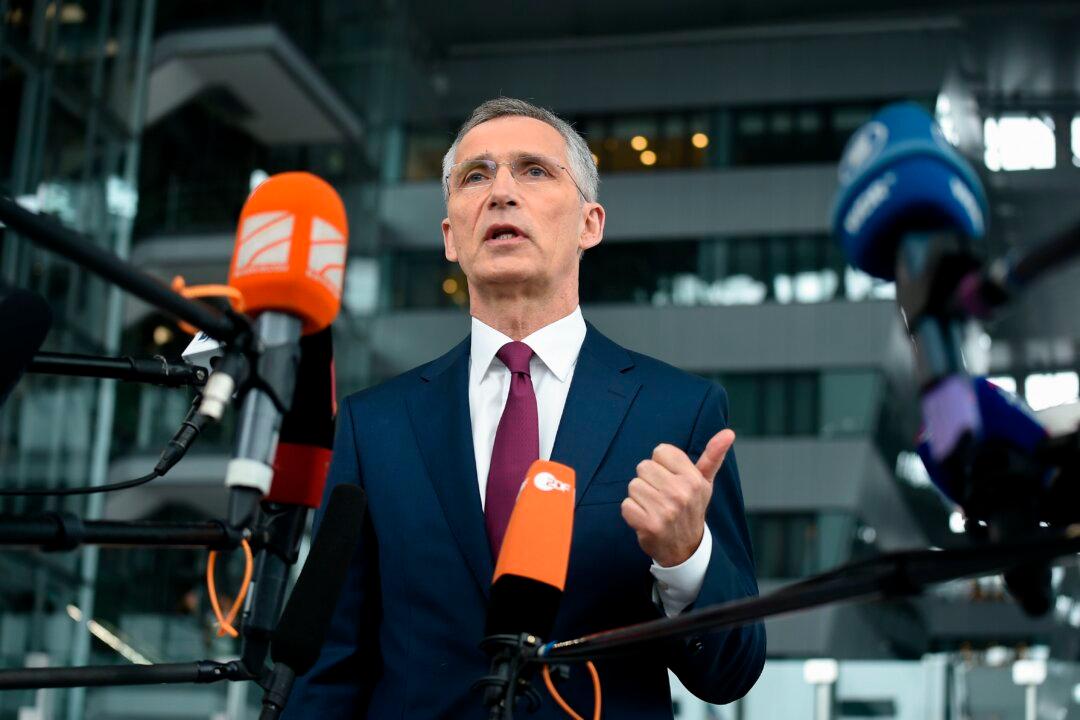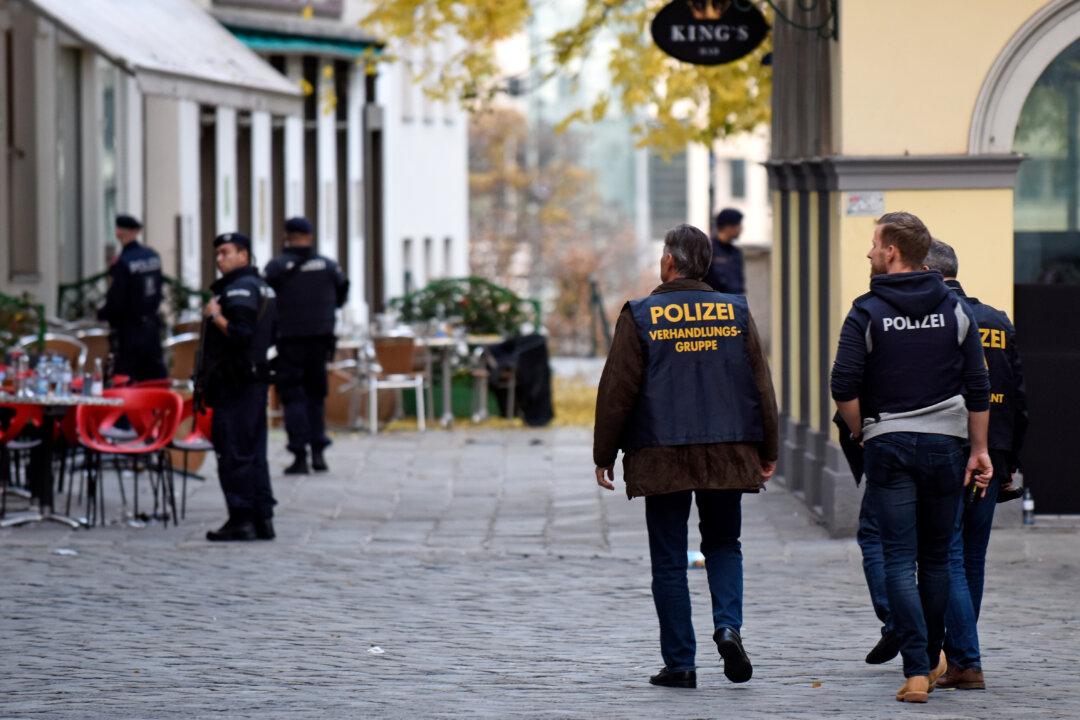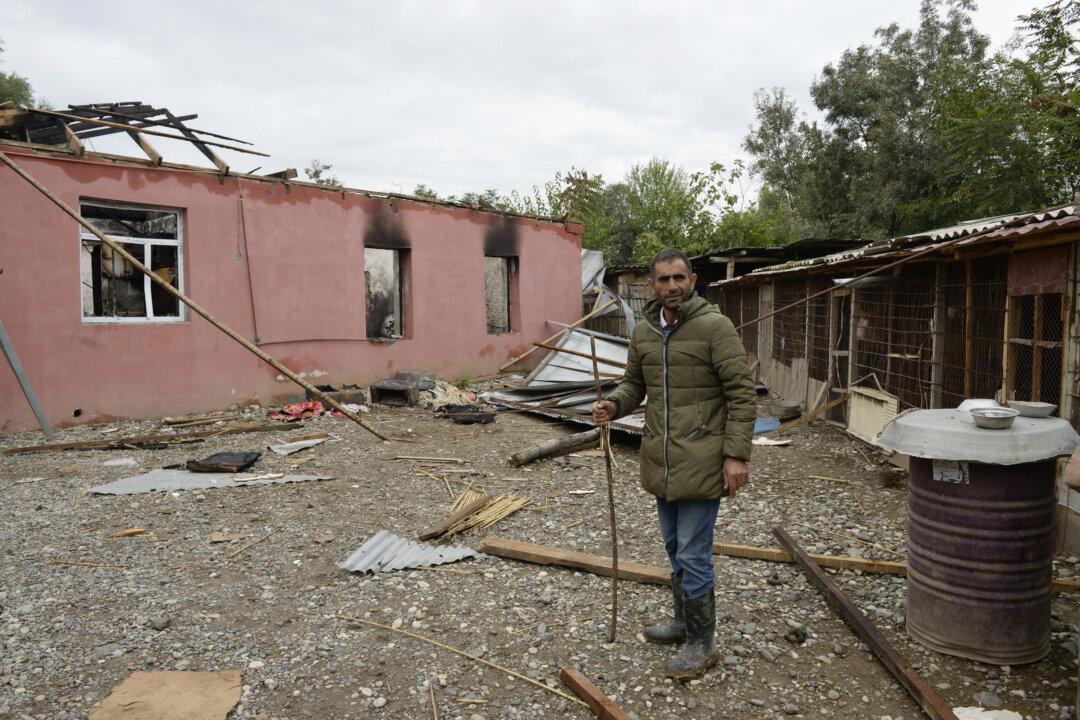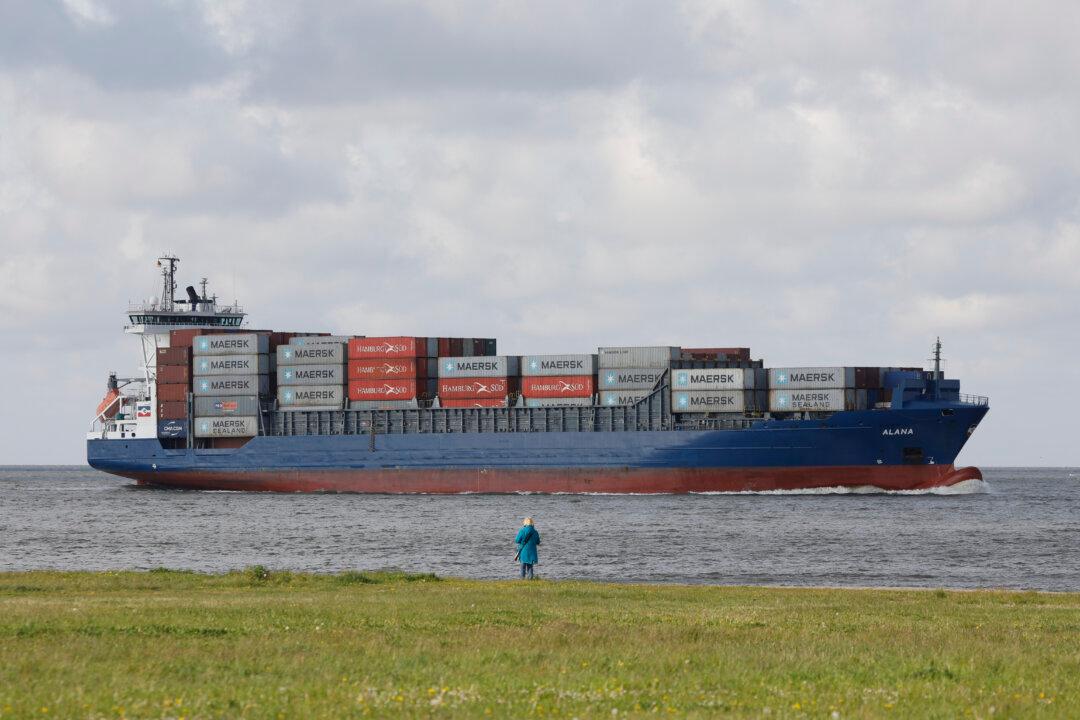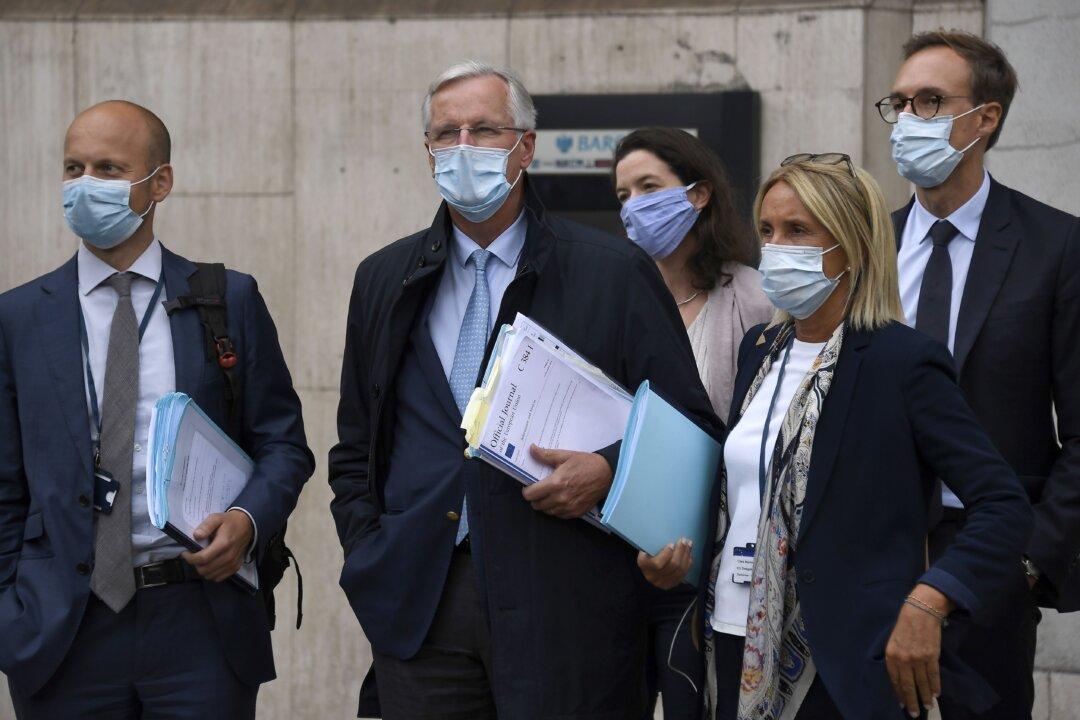BRUSSELS—NATO countries made a pact on June 26 to beef up their air defense systems and surveillance efforts unless Russia destroys its new nuclear missile system within the next six weeks.
Members of the military alliance agreed, during a meeting at its Brussels headquarters, to deploy a “wide range” of countermeasures if the Kremlin continues to flout a major international arms agreement.
